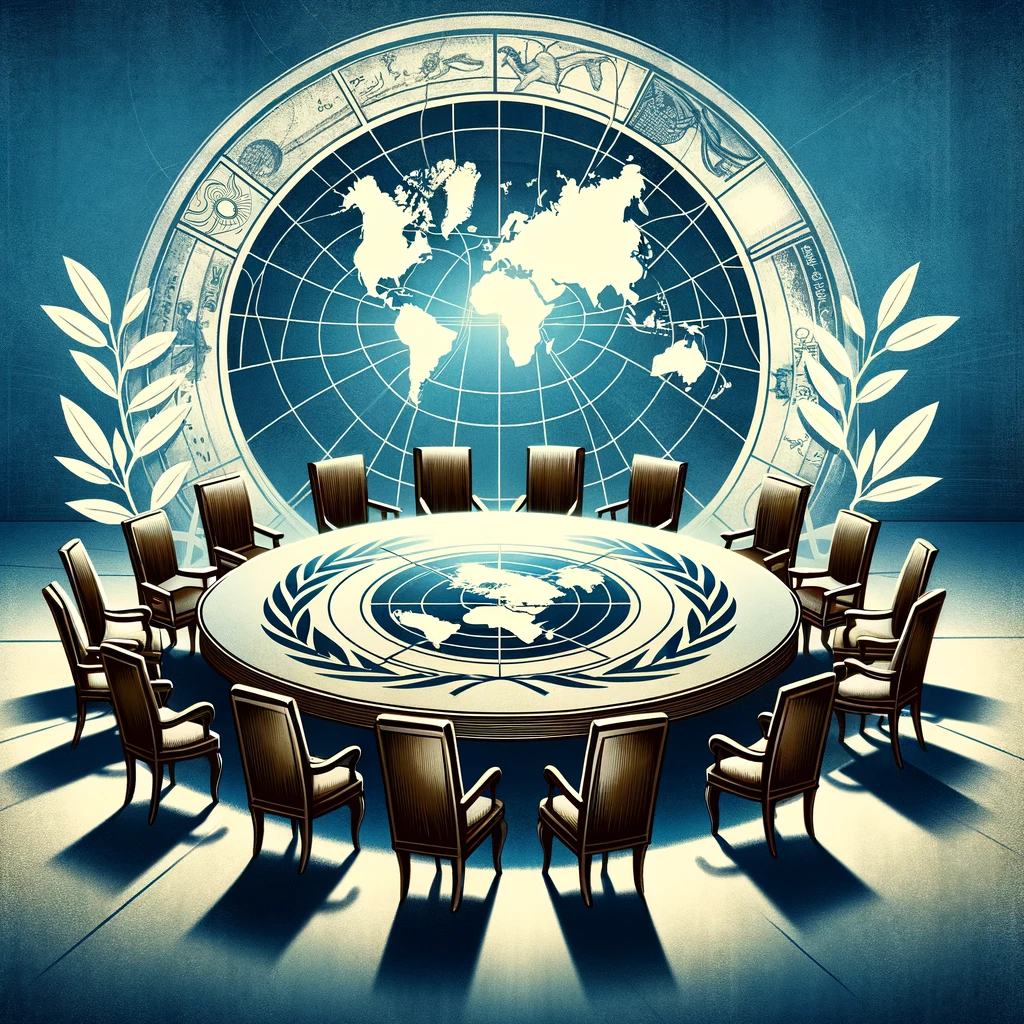President Joe Biden’s stance on the Israeli-Palestinian conflict has been a subject of significant controversy and debate. One of the most contentious aspects of his approach has been his decision to support Israel in its fight against the terrorist organization, Hamas. This decision has raised questions about the United States’ role in the conflict and the impact of its support on the region. In this article, we will explore the reasons behind Biden’s decision, the arguments on both sides, and the implications of this controversial stance.
The Background
The Israeli-Palestinian conflict is a long-standing and deeply complex dispute over territory, rights, and self-determination. It has seen numerous cycles of violence, including the recent conflict between Israel and Hamas in May 2021. Hamas, an Islamist organization that controls the Gaza Strip, has been designated as a terrorist organization by the United States, Israel, and several other countries due to its history of violence and attacks against civilians.
Biden’s Decision to Support Israel
President Biden’s decision to support Israel against Hamas is rooted in the long-standing U.S.-Israel alliance, which has deep historical, strategic, and political ties. The United States has consistently provided military aid and diplomatic support to Israel, considering it a key ally in the Middle East.
The Biden administration’s support for Israel against Hamas was based on several factors:
- Israel’s Right to Self-Defense: The U.S. government has consistently recognized Israel’s right to defend itself against threats, including rocket attacks from Hamas. The administration argued that Israel had the right to protect its citizens from the indiscriminate rocket fire originating from Gaza.
- Commitment to Israel’s Security: The United States views Israel as a vital partner in the region and is committed to ensuring its security. Supporting Israel in its fight against Hamas was seen as a way to uphold this commitment.
- Peace Process Considerations: The Biden administration believed that a strong show of support for Israel could help maintain stability in the region and keep the door open for future peace negotiations between Israelis and Palestinians.
Arguments in Favor of Biden’s Decision
Those in favor of President Biden’s decision to support Israel against Hamas argue:
- Upholding International Law: Israel’s actions were seen as a response to ongoing rocket attacks by Hamas, which many viewed as a violation of international law. Supporting Israel in its self-defense was seen as consistent with international norms.
- Maintaining Regional Stability: Some believed that by supporting Israel, the Biden administration was helping to prevent the conflict from escalating further and potentially destabilizing the entire region.
- Sending a Message to Hamas: The U.S. support for Israel was seen as a message to Hamas that its actions would not go unchallenged, potentially deterring future attacks.
Controversy and Criticism
Biden’s decision to support Israel against Hamas was met with criticism from various quarters, including:
- Concerns for Palestinian Rights: Critics argued that the U.S. should have taken a more balanced approach and expressed greater concern for the rights and well-being of Palestinians, particularly those living in Gaza, who bore the brunt of the conflict.
- Calls for Dialogue: Some believed that the U.S. missed an opportunity to use its leverage to push for renewed peace talks between Israel and the Palestinians, emphasizing the importance of a diplomatic solution.
- Humanitarian Concerns: The high civilian casualties in Gaza during the conflict raised concerns about the humanitarian impact, and some questioned the extent of U.S. support for Israel in light of these casualties.
Conclusion
President Biden’s controversial decision to support Israel in its fight against Hamas reflects the enduring U.S.-Israel alliance and the complexities of the Israeli-Palestinian conflict. While the administration cited reasons such as Israel’s right to self-defense and regional stability, it faced criticism for not taking a more balanced approach and not prioritizing the humanitarian aspect of the conflict. The ongoing Israeli-Palestinian conflict remains a deeply divisive issue, and the U.S. role in it will continue to be a subject of debate and scrutiny on the global stage.
